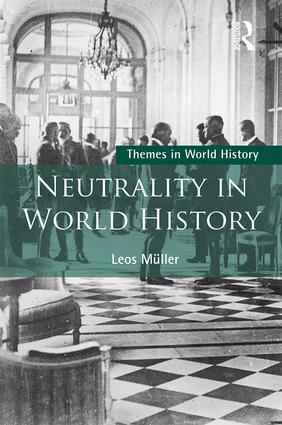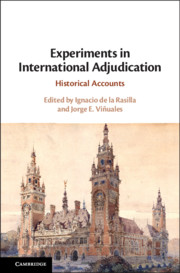(Source: Griffith College)
We learned of a symposium on critical approaches to international law in Dublin. Here the call for applicants:
With the increasing presence of international law in the global order, different theoretical engagements have emerged to explain the international legal system, its actors, processes, norms and values. The Symposium intends to bring academics, researchers, practitioners and students together at Griffith College in Dublin, Ireland for several days to focus on four main strands within international legal scholarship:
- Colonial Legacies of International Law and Lasting Consequences of Imperialism
- Feminist Theories and Epistemologies from the Global South
- Ecologies of Law
- Corporations in a Global Society
The strands will be broken into various panels, workshops, reading groups and roundtable discussions focusing on locating the international critically. The symposium program targets lawyers, activists, academics, policy makers, and students who are interested in analysing and situating debates about the nature of international law, its function and values through critical legal theory, third world approaches to international law and feminist legal theory.
To Apply
Please send a CV, one recommendation letter and a cover letter outlining your interests in participating and relevant experience in the field to Dr. Thamil Ananthavinayagan by the 15th of May, 2019. Participants from institutions and organisations in the Global South are particularly encouraged to participate.
Successful applicants will be notified by 1st of June 2019. The seminar will be convened at Griffith College Dublin, Ireland from 1st to 4th of August 2019. The regular registration fee is €350. Other rates apply for Griffith College Dublin alumni and students. The registration fee includes all conference materials, lunch, refreshments, a social activity and a closing dinner.
Scholarships
We will be offering ten funded scholarships to participants from institutions and organisations in the Global South to cover a waiver of conference fees, flights and accommodation. Please indicate in your cover letter that you want to be considered for the scholarship.
Organised By:
- Dr. Thamil Ananthavinayagan, Lecturer Griffith College Dublin, Ireland
- Rohini Sen, Assistant Professor Jindal Global University, India
- Jay Ramasubramanyam, PhD Candidate, Carleton University, Canada
- Dr. Jimena Sierra, Lecturer, Universidad del Rosario Bogotá, Colombia
- Farnush Ghadery, Visiting Lecturer and PhD Candidate, King’s College London, UK
- Shaimaa Abdelkarim, PhD Candidate and Tutor, Leicester University, UK
- Dr. Amritha Viswantah Shenoy, Assistant Professor, Kathmandu School of Law, Nepal
- Helyeh Doutaghi, PhD Student, Carleton University, Canada
- Kanad Bagchi, Research Fellow, Max Planck Institute for Comparative Public Law and International Law, Heidelberg, Germany
To Register
For registration to this seminar, please visit our payment system and use the following reference to pay your registration fee: Symposium on Critical Approaches to International Law – 3008760
- Regular registration fee: €350
- Registration per day: €150
- GCD students and alumni: €250
Group bookings upon request.
Please note: rooms on the campus of Griffith College Dublin are available and can be booked separately.
Please follow us on Facebook or Twitter for updates. Should you have any queries regarding group bookings and room bookings etc., please e-mail Dr. Thamil Ananthavinayagan.
We are pleased to recognise our program sponsors:
Griffith College Dublin, Faculty of Law
Irish Aid












.jpg)
